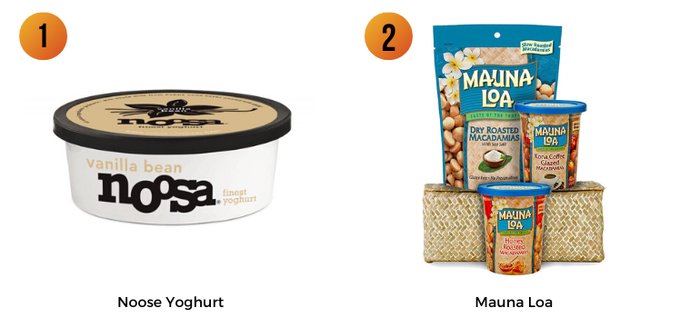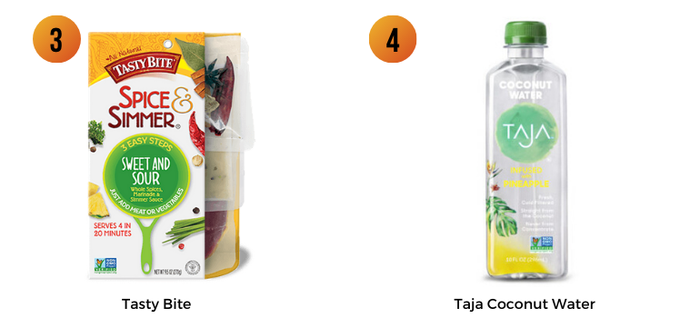4 companies that represent 'waste becomes fuel' trend
NEXT Trends 2020 Expo West series—a look at "waste becomes fuel," one of the New Hope Network NEXT Data and Insights team's energy trends.
April 22, 2020

NEXT Trends 2020 series: In an effort to help support retailers and brands, we will be publishing regular brand features for the next few weeks. Brands are selected from those that registered to exhibit at Natural Products Expo West 2020 and were curated as great examples of one of 50 trends New Hope Network is monitoring in the marketplace.
These trends are part of New Hope Network's NEXT Expo Guidebook and trend hierarchy.
Today, we look at five companies that are innovating in the "Waste Becomes Fuel" trend within the Energy Commitments macro force. Innovative companies are examining the whole production chain and finding opportunities to capture waste and turn it into fuel.

1. Noosa Yoghurt
What is it? Noosa makes classic clean-label yoghurts. The company recently released a new line that is high protein and low sugar.
Innovation: Noosa’s initiatives to turn waste into productive resources include repurposing cardboard boxes for animal bedding and horse farms, veterinary schools and zoos. It also has its own water treatment plant which reclaims 100% of used water to irrigate the crops on its farm.
2. Mauna Loa
What is it? Mauna Loa sells macadamia nuts, including seasoned nuts and chocolate-covered nuts. It is launching a line of nondairy, macadamia-based frozen desserts.
Innovation: Mauna Loa burns macadamia husks, shells and waste kernel to generate the energy required to power its Hilo processing facility. This renewable biofuel accounts for 60% of the facility’s electricity usage.

3. Tasty Bite
What is it? Tasty Bite makes heat-and-serve packaged Thai and Indian food meals like madras lentils and mealkits for dishes like tikka masala.
Innovation: Eighty percent of the energy used to make Tasty Bite products comes from renewable energy sources. Sugarcane waste, widely available in the region where its farms are located, is the primary source of renewable energy. The company also harvests rainwater to recharge the groundwater supplies in the area.
4. Taja Coconut Water
What is it? Cold-filtered coconut water.
Innovation: Within 48 hours of harvest, coconuts are delivered to the Ceves Beverages factory and bottled using a patented cold-filtered process. Empty coconut shells are ground and made into compost for organic fertilizer that are then used to grow more coconut trees.
About the Author(s)
You May Also Like


